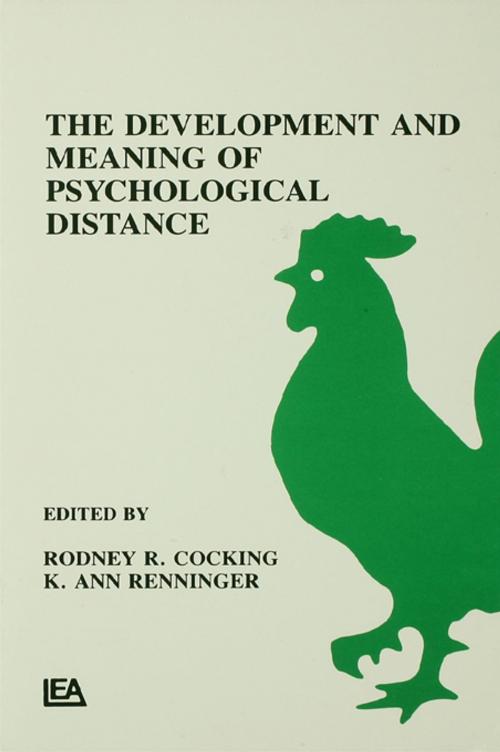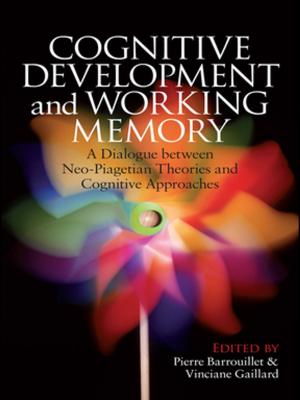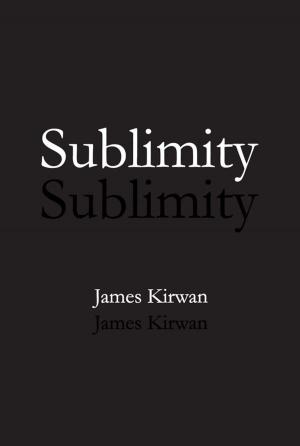The Development and Meaning of Psychological Distance
Nonfiction, Health & Well Being, Psychology, Developmental Psychology| Author: | ISBN: | 9781134759576 | |
| Publisher: | Taylor and Francis | Publication: | June 17, 2013 |
| Imprint: | Psychology Press | Language: | English |
| Author: | |
| ISBN: | 9781134759576 |
| Publisher: | Taylor and Francis |
| Publication: | June 17, 2013 |
| Imprint: | Psychology Press |
| Language: | English |
One of the paradoxes in developmental theory is the child's simultaneous intrapsychic and interpsychic development. While the child is growing in mental capacity and struggling to define self, behaviors are also being learned whose function is to integrate self into a social network, which often means that egocentric behaviors are in conflict with sociocentric ones. This theory draws upon processes that promote both individual and social growth into a unified theory of development.
A construct pertinent to almost all dimensions of psychological research, psychological distance is conceptualized as either the distance between what the learner understands and what still has to be understood (intrapsychic), or ways in which others adjust information for the learner in order to be fully comprehended (interpsychic). Psychological distance appears to serve both organizing and explanatory functions across seemingly diverse sets of theoretical and research questions, such as differentiation of self in personality development; conceptual representation in cognitive development; dialogue in the development of communication skills; information processing in cognitive science; regulatory mechanisms in the growth of control processes; and concept formation in cross-over areas of cognition, learning and thinking skills.
This volume is based on papers presented as part of the Invitational Conference honoring Irving E. Sigel, Distinguished Research Scientist, at Educational Testing Service. In each of the chapters different models are utilized to account for the construct of psychological distance, and as such, to suggest extensions of Sigel's seminal work in this area. Together, these contributions form the basis of a discussion of psychological distance as a developmental construct -- a construct which permits serious consideration of individual differences as a function of both the process and the product of cognition and ecology.
One of the paradoxes in developmental theory is the child's simultaneous intrapsychic and interpsychic development. While the child is growing in mental capacity and struggling to define self, behaviors are also being learned whose function is to integrate self into a social network, which often means that egocentric behaviors are in conflict with sociocentric ones. This theory draws upon processes that promote both individual and social growth into a unified theory of development.
A construct pertinent to almost all dimensions of psychological research, psychological distance is conceptualized as either the distance between what the learner understands and what still has to be understood (intrapsychic), or ways in which others adjust information for the learner in order to be fully comprehended (interpsychic). Psychological distance appears to serve both organizing and explanatory functions across seemingly diverse sets of theoretical and research questions, such as differentiation of self in personality development; conceptual representation in cognitive development; dialogue in the development of communication skills; information processing in cognitive science; regulatory mechanisms in the growth of control processes; and concept formation in cross-over areas of cognition, learning and thinking skills.
This volume is based on papers presented as part of the Invitational Conference honoring Irving E. Sigel, Distinguished Research Scientist, at Educational Testing Service. In each of the chapters different models are utilized to account for the construct of psychological distance, and as such, to suggest extensions of Sigel's seminal work in this area. Together, these contributions form the basis of a discussion of psychological distance as a developmental construct -- a construct which permits serious consideration of individual differences as a function of both the process and the product of cognition and ecology.















